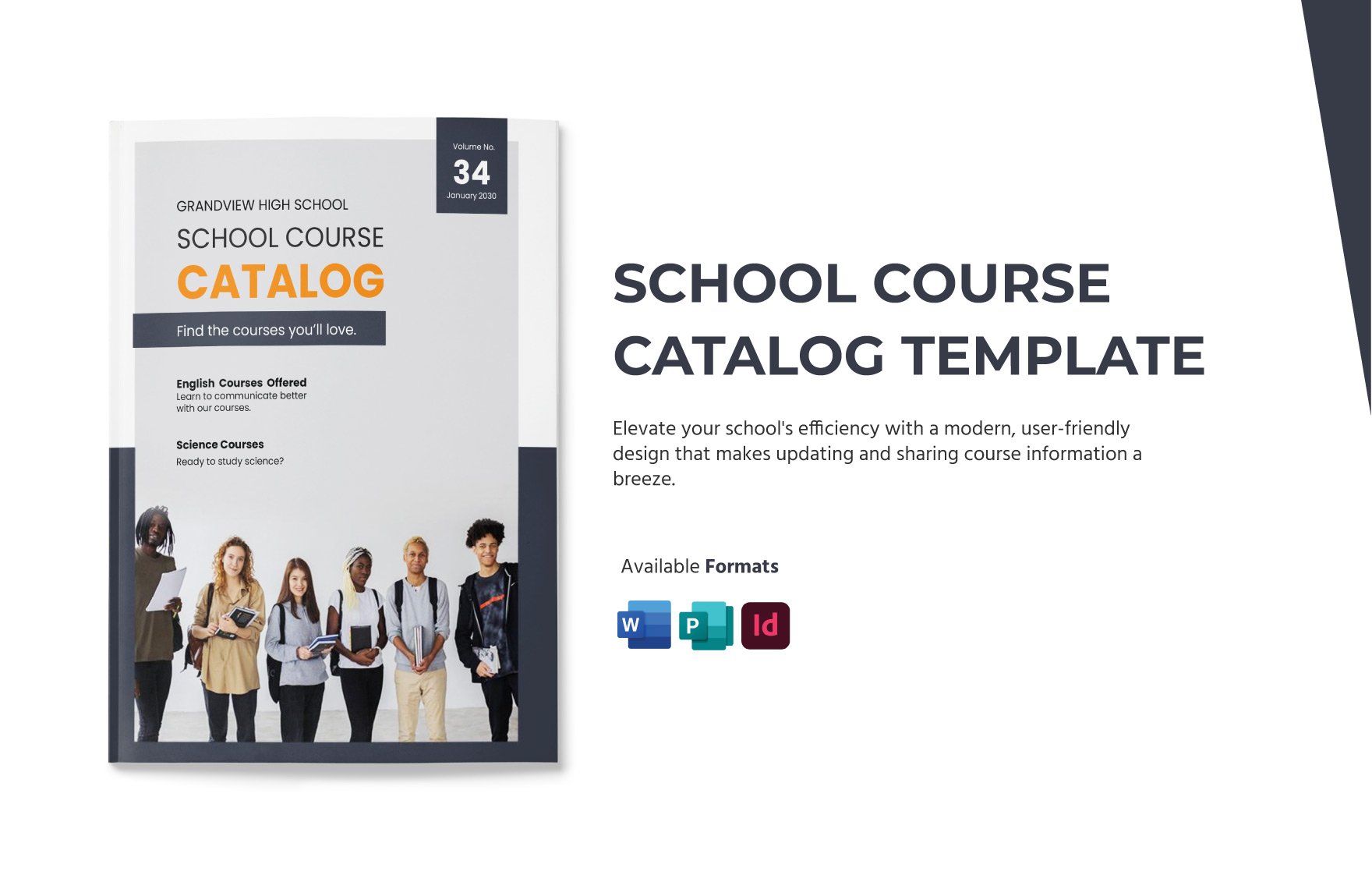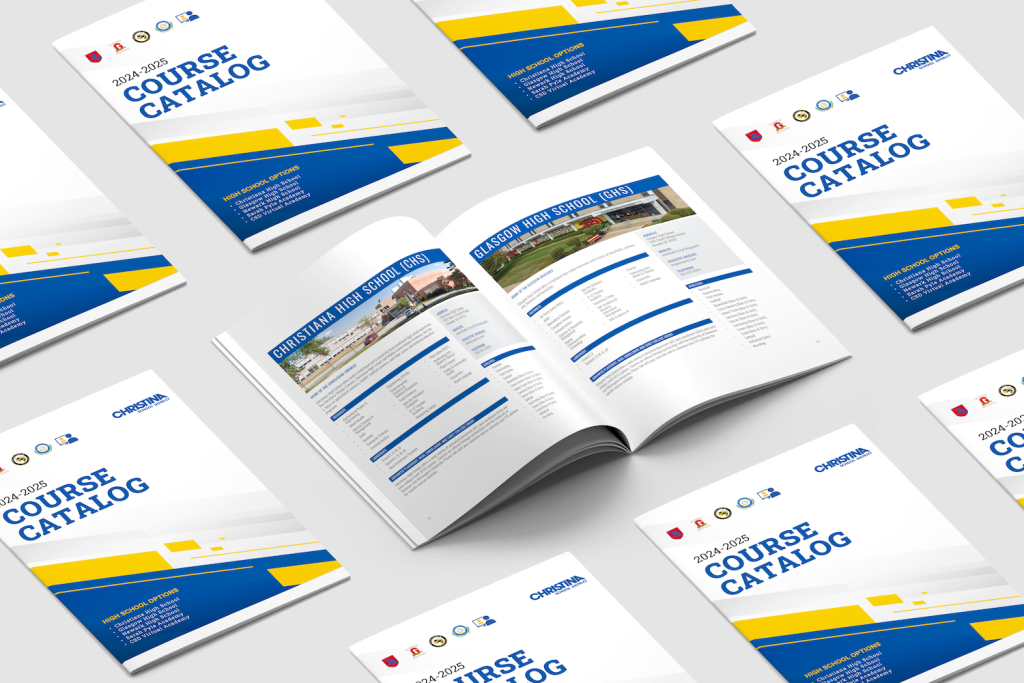JAKARTA, incaschool.sch.id – A course catalog is an essential resource for students navigating their academic journey. It serves as a comprehensive guide to the courses offered by an institution, detailing prerequisites, course descriptions, and credit information. Understanding how to effectively use a course catalog can empower students to make informed decisions about their academic pathways, ensuring they meet their educational goals. This article explores the importance of a course catalog, how to navigate it effectively, and tips for planning your academic journey like a pro.
The Importance of a Course Catalog

1. Comprehensive Course Information
A course catalog provides detailed information about each course, including objectives, topics covered, and assessment methods. This information is crucial for students to understand what to expect and how the course aligns with their academic goals.
2. Prerequisites and Corequisites
Course catalogs outline prerequisites (courses that must be completed before enrolling) and corequisites (courses that must be taken simultaneously). This helps students plan their schedules effectively and avoid delays in their academic progress.
3. Degree Requirements
Most course catalogs include information on degree requirements, including required courses, electives, and credit hours needed for graduation. This information is vital for students to ensure they are on track to complete their degrees.
4. Academic Policies
Course catalogs often contain important academic policies, such as grading systems, academic probation, and withdrawal procedures. Familiarizing yourself with these policies can help you navigate your academic experience more smoothly.
Navigating the Course Catalog
1. Familiarize Yourself with the Structure
Most course catalogs are organized by departments or academic disciplines. Take time to familiarize yourself with the layout, including sections for undergraduate and graduate courses, electives, and general education requirements.
Tip: Use the table of contents or index to quickly locate specific sections that interest you.
2. Read Course Descriptions Carefully
When exploring courses, read the descriptions thoroughly to understand the content, objectives, and teaching methods. Pay attention to the skills and knowledge you will gain, as well as the expected workload.
3. Check Prerequisites and Corequisites
Before enrolling in a course, verify that you meet any prerequisites or corequisites. This will help you avoid registration issues and ensure you are adequately prepared for the course material.
4. Utilize Degree Audits
Many institutions offer degree audit tools that allow you to track your progress toward graduation. Use these tools in conjunction with the course catalog to ensure you are meeting all degree requirements.
5. Consult Academic Advisors
Academic advisors can provide valuable insights and guidance on course selection and academic pathways. Don’t hesitate to reach out to them for assistance in interpreting the course catalog and planning your schedule.
Tips for Planning Your Academic Pathway
1. Set Clear Academic Goals
Before diving into the course catalog, take time to set clear academic goals. Consider what you want to achieve, whether it’s completing a degree, gaining specific skills, or preparing for a career.
2. Create a Course Plan
Develop a course plan that outlines the courses you need to take each semester to meet your academic goals. Include required courses, electives, and any courses that align with your interests or career aspirations.
Tip: Be flexible with your plan, as course availability and scheduling may change.
3. Balance Your Course Load
When planning your schedule, consider balancing challenging courses with lighter ones. This approach can help you manage your workload and maintain a healthy academic life.
4. Explore Electives
Don’t overlook elective courses! Electives can provide opportunities to explore new subjects, develop additional skills, and enhance your academic experience. Use the course catalog to discover electives that interest you.
5. Stay Informed About Updates
Course offerings and requirements can change from semester to semester. Stay informed by regularly checking the course catalog for updates and announcements from your institution.
Conclusion
A course catalog is a powerful tool for discovering academic pathways and planning your educational journey. By understanding how to navigate the catalog effectively, setting clear goals, and seeking guidance when needed, you can make informed decisions that align with your aspirations.
Embrace the opportunities that your course catalog offers, and you’ll be well on your way to achieving academic success and personal growth.
Improve Your Abilities: Explore Our content on Knowledge
Take a Look at Our Latest Article on Student Initiatives!


